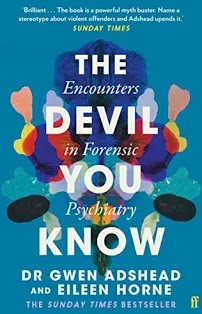Do you run team meetings, facilitate learning events, chair boards or executive groups, or in any other context, get people together to think about important things? Do you ever find that people don't contribute as well as you would hope, or that some dominate and others don't contribute?
If you wish to take your skills in running groups to the next level, and develop a set of approaches that increases participation, honest discussion and real engagement, then you will find it valuable to engage with the Thiniking Environment.
This is based on Nancy Kline's work, published as Time to Think, More Time to Think, and The Promise that Changes Everything.
At the heart of Nancy's approach, which she calls a Thinking Environment, is the belief that attention is generative; that is, the quality of someone's thinking, in my presence, is at least in part a product of the quality of attention that I give to them. (if you doubt this, consider the reverse: when you are trying to think about something and the person who is meant to be listening is clearly not attending... see what I mean?)
But in addition to a quality of attention that is in fact rare in most work contexts, there are nine other components of Thinking Environment; and there are various applications of these components that are suited to both group and one-to-one contexts.
The Foundation Programme is an introduction to this work in the context of working with groups: a precise but easeful approach to enabling all present to think outstandingly well. I have blogged previously about this many times, ranging from my initial exploration of the process with Nancy, through to its practical application in a coaching session. (Other posts may be found by clicking here).
So I am delighted once more to be offering the Foundation Programme in the Lake District, this June (19/20). This Programme teaches you the ten components of the Thinking Environment, and a number of practical applications and findings that will transform your meetings.If you choose to join us, you will be working as part of a small group of practitioners, jointly exploring the practice through practice! Here's what a previous participant ha dot say about one of my programmes:
This course is a prerequisite for the Thinking Environment Facilitator Qualifying Course, should you wish to take your practice to the next level.
More details are on my website, here; and of course if you wish to talk about the programme, or have any questions, I'd be delighted to hear from you.








